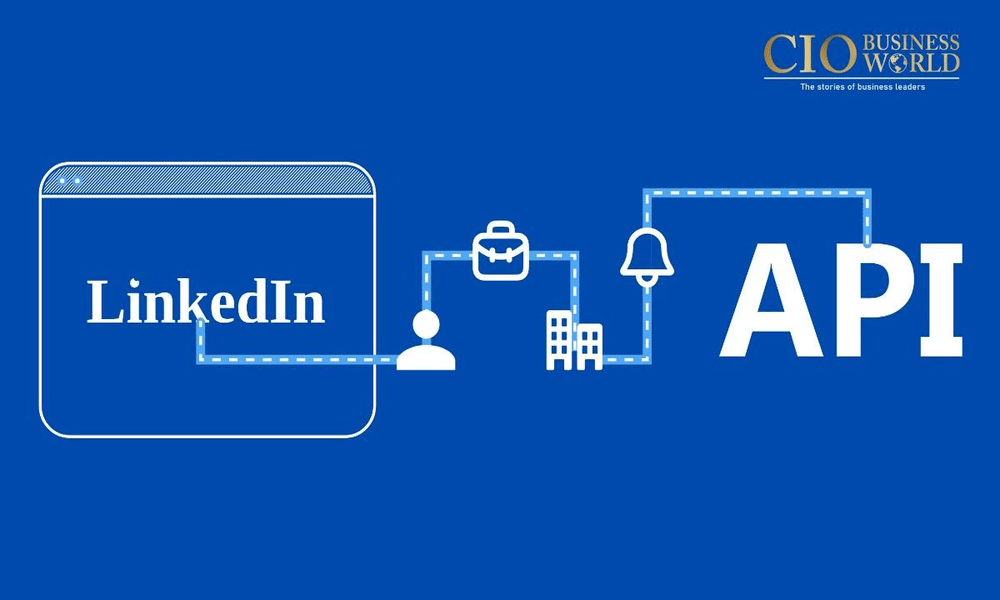Telegram founder Pavel Durov stated that French authorities allegedly demanded that some Moldovan channels be removed from the site. The development has sparked new debates about free speech, digital sovereignty, and the role of messaging applications in policing political discourse.
Moldovan Channels in France’s Spotlight
According to Durov, the French government approached Telegram with demands to restrict or block Moldovan channels. The request reportedly stemmed from concerns about misinformation and political influence campaigns, particularly in the lead-up to European and regional elections. France, like many European nations, has been tightening scrutiny on digital platforms to limit the spread of unverified or manipulative content.
While the exact number of affected Moldovan channels has not been confirmed, the move highlights the rising tension between governments and global communication platforms. Observers believe this case could serve as a precedent for how European regulators handle cross-border content in the future.
Free Speech vs. State Oversight
Critics argue that targeting Moldovan channels raises serious questions about free speech and political pluralism. For many users, Telegram remains a crucial space for open dialogue, particularly in regions where independent media faces financial or political pressure. Blocking such channels, they argue, risks silencing diverse voices that contribute to democratic debates.
On the other hand, officials in France maintain that stronger oversight is necessary to counter disinformation. They point to cases where digital campaigns have been used to sway public opinion, potentially undermining electoral integrity. The dilemma, therefore, rests on balancing the need for national security with the fundamental right to free expression.
Telegram’s Position
Telegram has long branded itself as a platform that prioritizes privacy and freedom. Durov emphasized that while the company complies with local laws, it also resists requests that contradict its core values. He suggested that the French request regarding Moldovan channels risked crossing into censorship, which Telegram views as harmful to democratic societies.
Industry analysts note that this confrontation echoes similar disputes in Germany, India, and Russia, where governments have pressured platforms to remove politically sensitive content. Telegram’s responses in those regions varied, often depending on the legal and political climate.
Broader Implications for Europe
The case underscores broader European debates about digital regulation. With the EU’s Digital Services Act (DSA) in effect, platforms like Telegram face stricter obligations to manage harmful or illegal content. However, the inclusion of Moldovan channels in France’s request suggests that content moderation is no longer confined to domestic boundaries—it extends to cross-border political influence as well.
For Moldova, the issue also carries symbolic weight. The country has been navigating its geopolitical position between Europe and Russia, and its media environment often reflects these tensions. France’s move to target Moldovan channels may therefore be interpreted not just as a technical decision but also as a political stance.
Looking Ahead
As the situation evolves, it remains to be seen whether Telegram will fully comply with France’s request. The outcome could influence future regulatory actions across Europe, shaping how governments deal with foreign media on global platforms.
For now, the looking over Moldovan channels highlights the complex interplay of technology, politics, and national sovereignty. France’s actions may set a critical precedent for how freedom of expression is negotiated in the digital age.
Read more: Risk Management in the Digital Age: Safeguard Business Continuity














